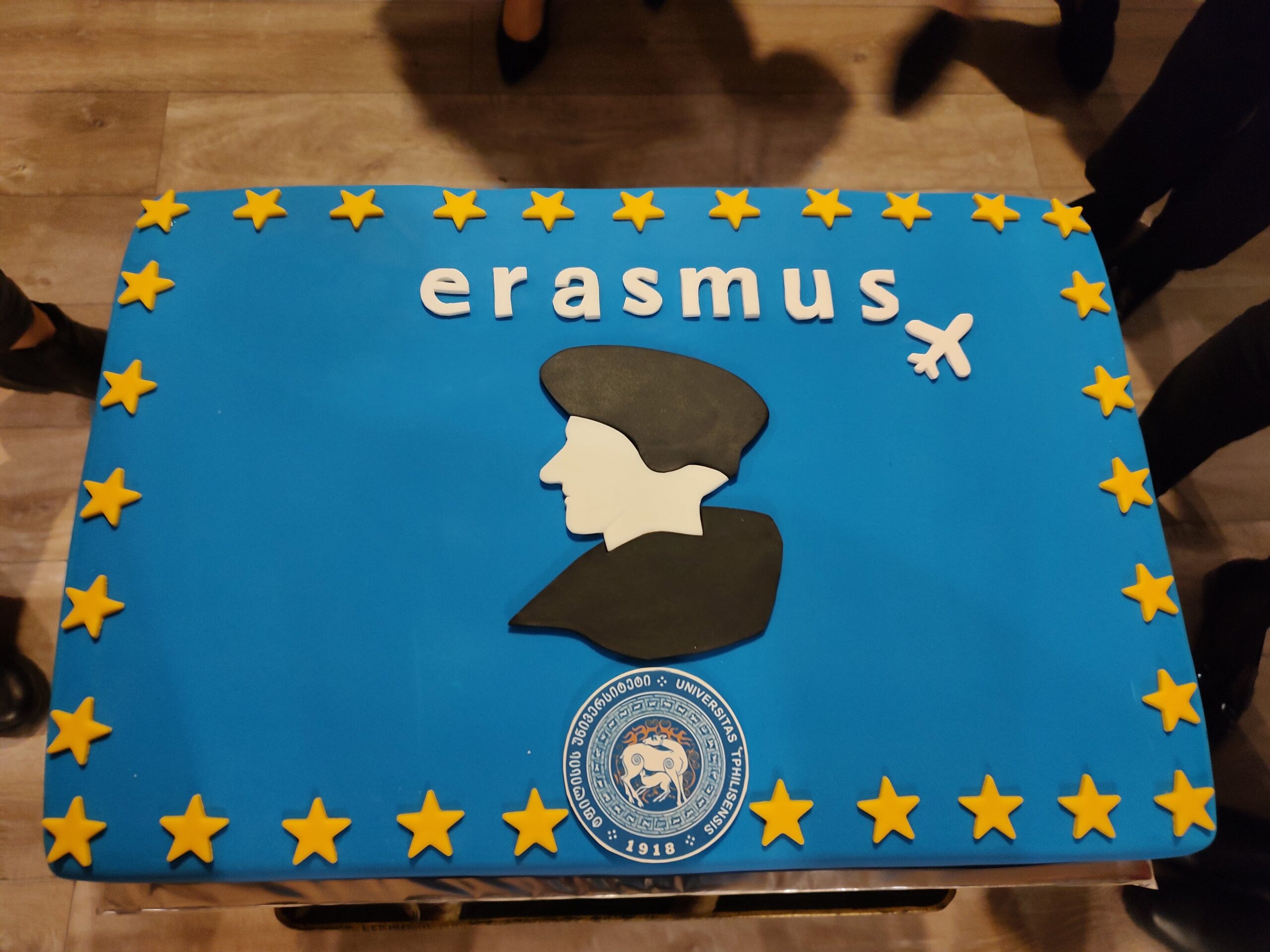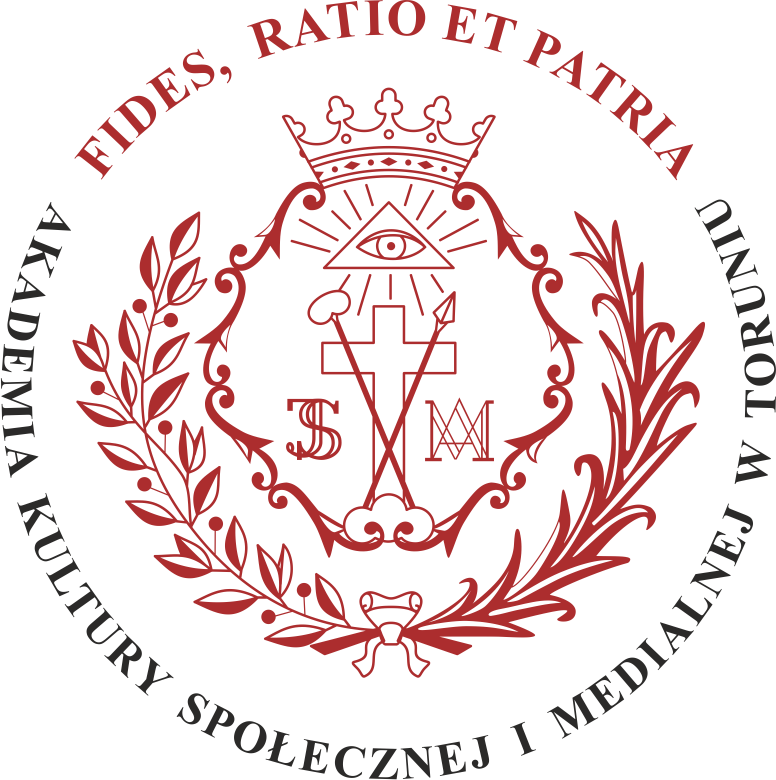At the end of April 2020, the European Commission launched a short survey aimed at collecting the views of mobility participants in Erasmus+ and European Solidarity Corps on how the Covid-19 outbreak affected the ordinary course of their Erasmus+ or European Solidarity Corps mobility activities. The survey was sent to over 57 000 participants representing all types of mobility supported under the programmes and corresponding to 40% of the estimated number of people in mobility at the time of the Coronavirus outbreak. Close to 11 800 participants in mobility activities under Erasmus+ programme and European Solidarity Corps completed the questionnaire. The ratio between learners (students, pupils, trainees, young people) and staff (teachers, trainers, youth workers, etc.) amounts to 74% – 26% respectively. This ratio corresponds to the distribution between the two groups in the programme.
Main conclusions from a May 2020 survey sent to 57,000 participants representing all types of mobility supported under the Erasmus+ and European Solidarity Corps programmes.
The survey was run to collect the views of mobility participants on how the Covid-19 outbreak affected the ordinary course of their mobility activities.
Do you want to learn more: https://ec.europa.eu/programmes/erasmus-plus/sites/default/files/coronavirus-mobility-impact-results-may2020_en.pdf










The survey clearly shows how big the impact of the mobility activities has been, especially after a month from the COVID-19 breakout.
The survey also highlights that the students mostly referred to their hosting and sending institutions as primary sources of support.
The Universities, well aware of the important role they had to play in this situation, have timely replied to the requests coming from the students.
The figures show that the interaction between hosting and sending institutions has represented a safe context the students could rely on.
… [Trackback]
[…] Find More Information here on that Topic: ripec-project.eu/discussion/coronavirus-learning-mobilities-impact-survey-results/ […]
… [Trackback]
[…] Find More to that Topic: ripec-project.eu/discussion/coronavirus-learning-mobilities-impact-survey-results/ […]
… [Trackback]
[…] Here you will find 4980 more Info on that Topic: ripec-project.eu/discussion/coronavirus-learning-mobilities-impact-survey-results/ […]
… [Trackback]
[…] Information on that Topic: ripec-project.eu/discussion/coronavirus-learning-mobilities-impact-survey-results/ […]
… [Trackback]
[…] Find More on to that Topic: ripec-project.eu/discussion/coronavirus-learning-mobilities-impact-survey-results/ […]
… [Trackback]
[…] There you can find 22007 additional Information on that Topic: ripec-project.eu/discussion/coronavirus-learning-mobilities-impact-survey-results/ […]
… [Trackback]
[…] Find More on that Topic: ripec-project.eu/discussion/coronavirus-learning-mobilities-impact-survey-results/ […]
… [Trackback]
[…] Info on that Topic: ripec-project.eu/discussion/coronavirus-learning-mobilities-impact-survey-results/ […]
… [Trackback]
[…] Find More to that Topic: ripec-project.eu/discussion/coronavirus-learning-mobilities-impact-survey-results/ […]
… [Trackback]
[…] Read More Information here on that Topic: ripec-project.eu/discussion/coronavirus-learning-mobilities-impact-survey-results/ […]
… [Trackback]
[…] Find More to that Topic: ripec-project.eu/discussion/coronavirus-learning-mobilities-impact-survey-results/ […]
… [Trackback]
[…] There you can find 81361 more Information to that Topic: ripec-project.eu/discussion/coronavirus-learning-mobilities-impact-survey-results/ […]
… [Trackback]
[…] Read More on to that Topic: ripec-project.eu/discussion/coronavirus-learning-mobilities-impact-survey-results/ […]
… [Trackback]
[…] Find More Info here on that Topic: ripec-project.eu/discussion/coronavirus-learning-mobilities-impact-survey-results/ […]
… [Trackback]
[…] Read More Information here on that Topic: ripec-project.eu/discussion/coronavirus-learning-mobilities-impact-survey-results/ […]
… [Trackback]
[…] Information on that Topic: ripec-project.eu/discussion/coronavirus-learning-mobilities-impact-survey-results/ […]
… [Trackback]
[…] Info on that Topic: ripec-project.eu/discussion/coronavirus-learning-mobilities-impact-survey-results/ […]
… [Trackback]
[…] Find More on to that Topic: ripec-project.eu/discussion/coronavirus-learning-mobilities-impact-survey-results/ […]
… [Trackback]
[…] Information on that Topic: ripec-project.eu/discussion/coronavirus-learning-mobilities-impact-survey-results/ […]
… [Trackback]
[…] Read More here to that Topic: ripec-project.eu/discussion/coronavirus-learning-mobilities-impact-survey-results/ […]
… [Trackback]
[…] Info to that Topic: ripec-project.eu/discussion/coronavirus-learning-mobilities-impact-survey-results/ […]
… [Trackback]
[…] Information to that Topic: ripec-project.eu/discussion/coronavirus-learning-mobilities-impact-survey-results/ […]
… [Trackback]
[…] Read More Info here on that Topic: ripec-project.eu/discussion/coronavirus-learning-mobilities-impact-survey-results/ […]
… [Trackback]
[…] Information on that Topic: ripec-project.eu/discussion/coronavirus-learning-mobilities-impact-survey-results/ […]
… [Trackback]
[…] There you will find 50285 additional Info on that Topic: ripec-project.eu/discussion/coronavirus-learning-mobilities-impact-survey-results/ […]
… [Trackback]
[…] There you can find 63254 more Info on that Topic: ripec-project.eu/discussion/coronavirus-learning-mobilities-impact-survey-results/ […]
… [Trackback]
[…] Read More on to that Topic: ripec-project.eu/discussion/coronavirus-learning-mobilities-impact-survey-results/ […]
… [Trackback]
[…] Find More Info here to that Topic: ripec-project.eu/discussion/coronavirus-learning-mobilities-impact-survey-results/ […]